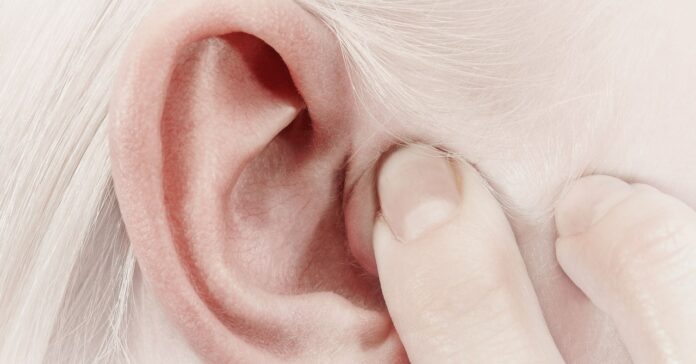Whilst the Novartis trial used to be going down, Lustig and others had been running on techniques to revive listening to in genetic kinds of listening to loss. In 2019, Lustig and his collaborators confirmed that OTOF gene treatment might be used to revive listening to in mice missing the otoferlin protein. A separate staff in Germany printed an identical findings in 2021, appearing that the effects might be reproduced.
“For any gene treatment to paintings, your goal mobile must be alive and now not lifeless,” says Jeffrey Holt, a professor of otolaryngology and neurology at Harvard Scientific College, who research gene treatment for deafness however isn’t concerned with the present trials. Many genetic mutations related to deafness reason the hair cells within the interior ear to die, however OTOF mutations depart those cells intact. “That bodes smartly for this technique,” he says.
Whilst the pains are open to members as much as age 18, Holt says it can be absolute best to offer the gene treatment previous in lifestyles. “The auditory gadget is going via a maturation procedure, and in the event you ship this at a level after that gadget has already matured within the absence of sound, we do not in point of fact know the way it will deal with that new enter of knowledge,” he says. This is the reason adults have a more difficult time studying a brand new language than kids do. Kids’s brains are extremely plastic—that means they may be able to simply shape new connections and be told new issues.
Medical doctors suggest cochlear implant surgical operation prior to age 3 in order that kids can be told sounds when their language abilities are creating, even if older other folks can nonetheless get pleasure from the gadgets.
Whilst the present trials are for an extraordinary form of deafness, researchers with the firms suppose different genetic mutations that reason deafness might be addressed with gene treatment.
However now not everybody thinks deafness wishes scientific interventions. Jaipreet Virdi, a historian of medication, generation, and incapacity on the College of Delaware who’s deaf, says that gene treatment is an extension of the controversy that started within the Nineteen Nineties over cochlear implants, which some Deaf other folks view as a risk to the Deaf neighborhood. They argue that implanting Deaf kids prior to they have got an opportunity to obtain language denies them autonomy and get entry to to Deaf tradition. “Erasure prior to selection is gifted—to a person, now not their oldsters—is problematic,” Virdi says.
Wyatte Corridor, a psychologist on the College of Rochester Scientific Heart who research language acquisition and is deaf, says listening to oldsters with a kid who’s deaf would possibly see scientific interventions or generation so to lend a hand their kid have compatibility into the arena as they are aware of it. However Corridor says Deaf other folks give a contribution to the richness of society. “So long as deafness has been round at the Earth, other folks have all the time been seeking to repair it,” he says. “The truth that we are nonetheless right here manner that there’s nonetheless some more or less evolutionary worth in how we will be able to nonetheless give a contribution to the arena in spite of our variations.”
He’s now not hostile to cochlear implants and gene treatment, however he does not suppose oldsters must restrict get entry to to signal language in choose of a medical-only manner. When running with households of Deaf kids, he emphasizes a “each” manner—the use of generation and signal language. “If gene treatment does not paintings,” Corridor says, “it’s now not that it failed, it simply signifies that there are different choices.”





 #shorts #shortsfeed #nature #youtubeshorts #iciness
#shorts #shortsfeed #nature #youtubeshorts #iciness